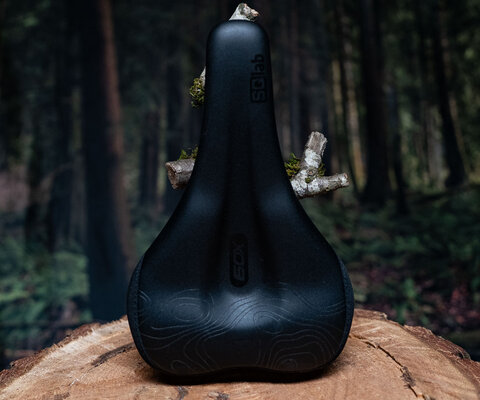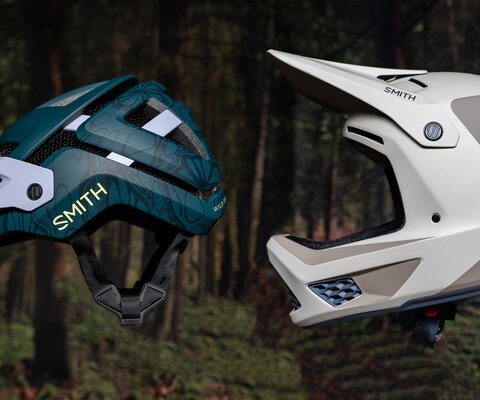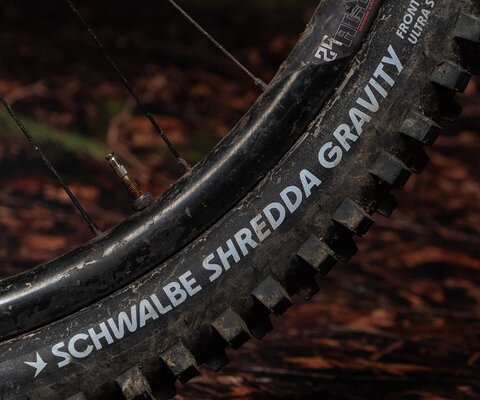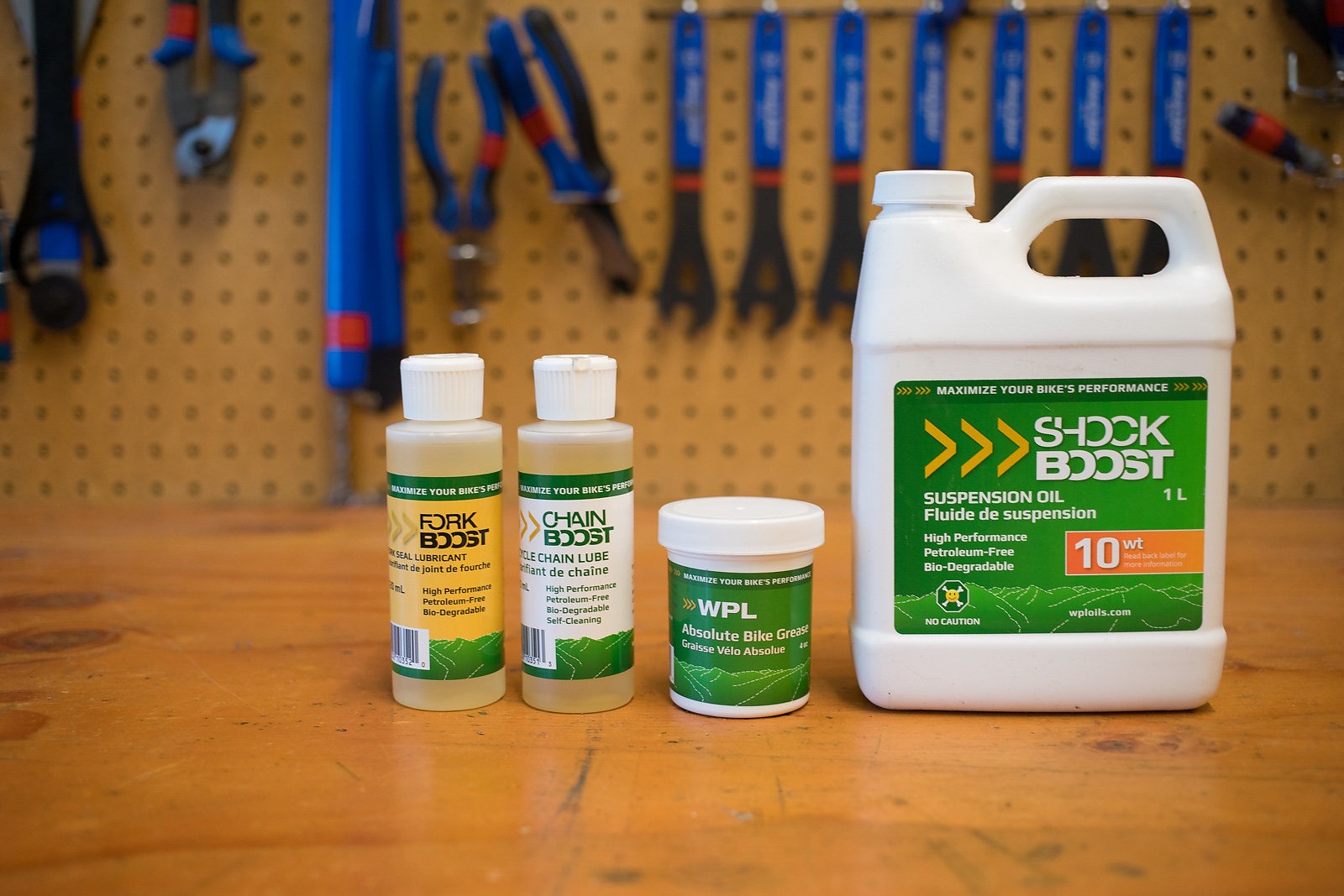
Whistler Performance Lubricants Review
Mountain bikes need love, more so than most other inanimate objects.
They are temperamental beasts with numerous delicate and rapidly moving parts. And for a non-living thing, it’s astonishing how inter-connected and dependent these parts are. A skipping derailleur means excess chain and cog wear, and a little bit of play anywhere gets noticed everywhere. Cleaning and maintaining the bike is much more than a hobby to kill time during seasonal lulls or a beer-drinking activity, it’s vital to providing peace of mind and smooth sailing on every ride.
Winters here in the Northwest, while being notoriously awesome for rarely having snow on the trails, are also notoriously harsh on the bike. Every ride should be followed by a wash and at the very least some chain lube. Our post-ride go-to at the Freehub office has recently been Whistler Performance’s ChainBoost, a non-toxic and fully biodegradable lubrication that keeps the drivetrain happy.
ChainBoost is designed to not only reduce friction and prevent rusting, but also be self cleaning. This means that it doesn’t just work when it’s clean, it also helps to shed accumulated dirt the next time it’s washed. After a few regular applications of ChainBoost I noticed my chain carried less grime and didn’t dry out after a wash.
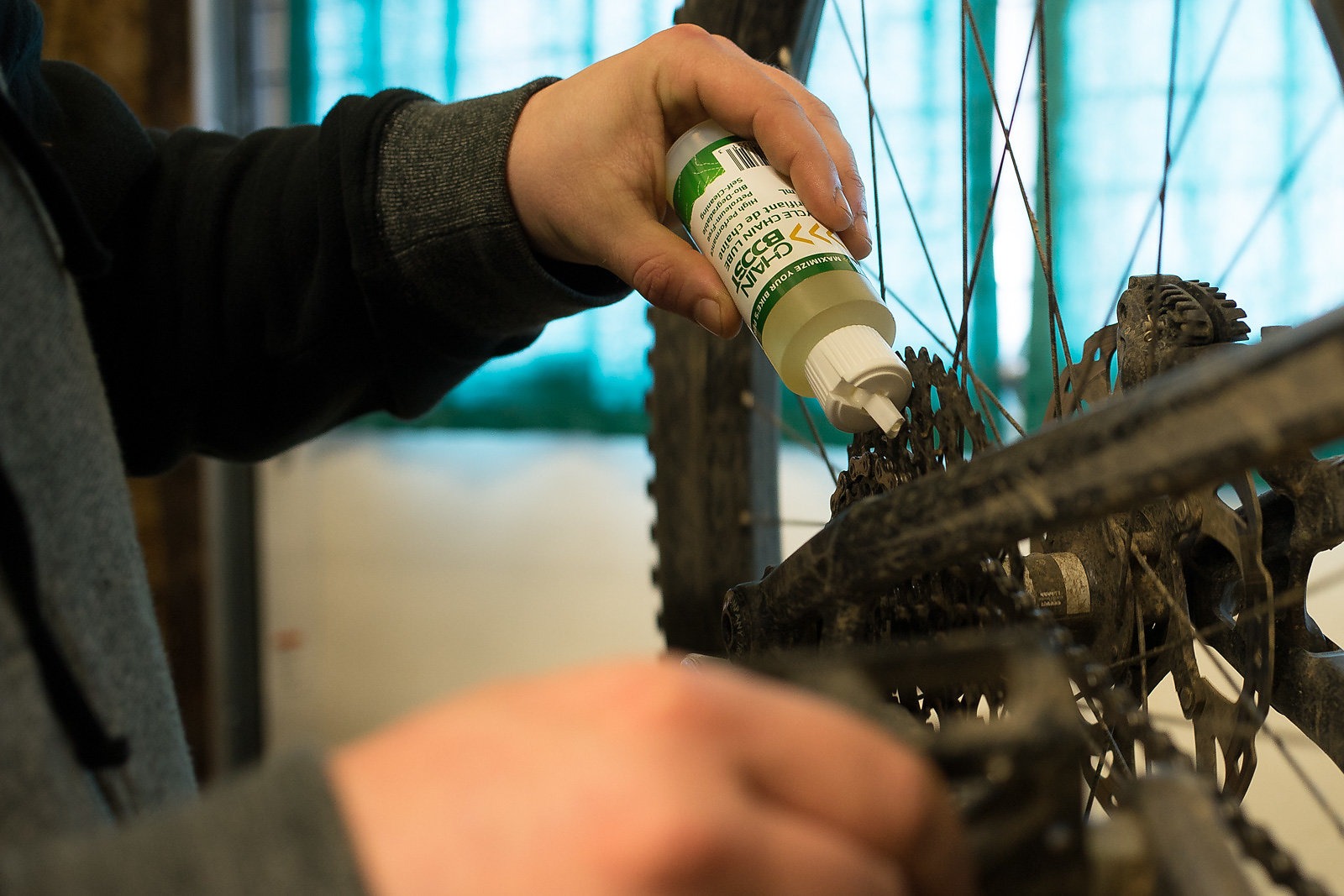
Whistler Performance Lubricants also makes ForkBoost, ShockBoost and Absolute Bike Grease to keep all parts of your bike happy. Nothing degrades a fork faster than water, dirt and grime getting through the seals and into the oil. ForkBoost works on stanchions and seals to keep them clean and properly working. ShockBoost is WPL’s suspension oil that comes in 2.5, 7, 10 and 20 weight for all different brands and dampers. The company’s Absolute Bike Grease is another product made from plant oils that works with everything; bearings, bushings, wheels and works fine with any rubber seals.
The kicker with all the WPL products is their non-toxic and biodegradable qualities. Oils and grease are often in contact with our skin, and a lot of other companies use polluting organic solvents and other chemicals that can be harmful. And it’s inevitable that these things make their way to a drain or directly into the ground when we wash our bikes. Minimizing harm to our environment is simply another responsibility we have as mountain bikers—not to mention humans—just as important as sustaining our trails and forests.
See more at www.wplbike.com
